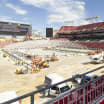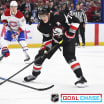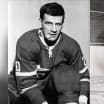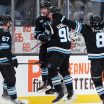The Coaches Room is a weekly column by one of four former NHL coaches and assistants who will turn their critical gaze to the game and explain it through the lens of a teacher. Jim Corsi, David Marcoux, Paul MacLean and Joe Mullen will take turns providing insight.
In this edition, Mullen, a former assistant with the Pittsburgh Penguins and Philadelphia Flyers and 2000 player inductee into the Hockey Hall of Fame, talks about what it's like for player to be traded before the NHL Trade Deadline (3 p.m. ET on Feb. 26 this season) and how a coach can help that player adjust to his new team.
Players' stress, angst run rampant ahead of Trade Deadline
Mullen knows firsthand how it feels to go to new city, team
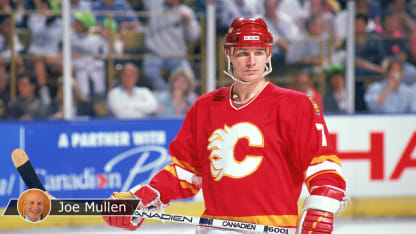
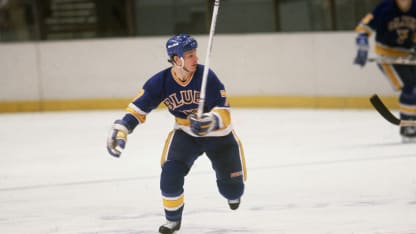
© B Bennett/Getty Images
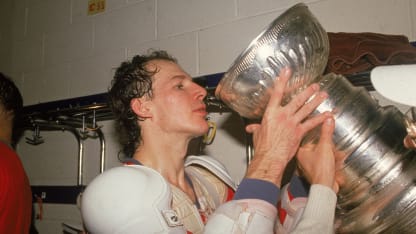
© B Bennett/Getty Images
